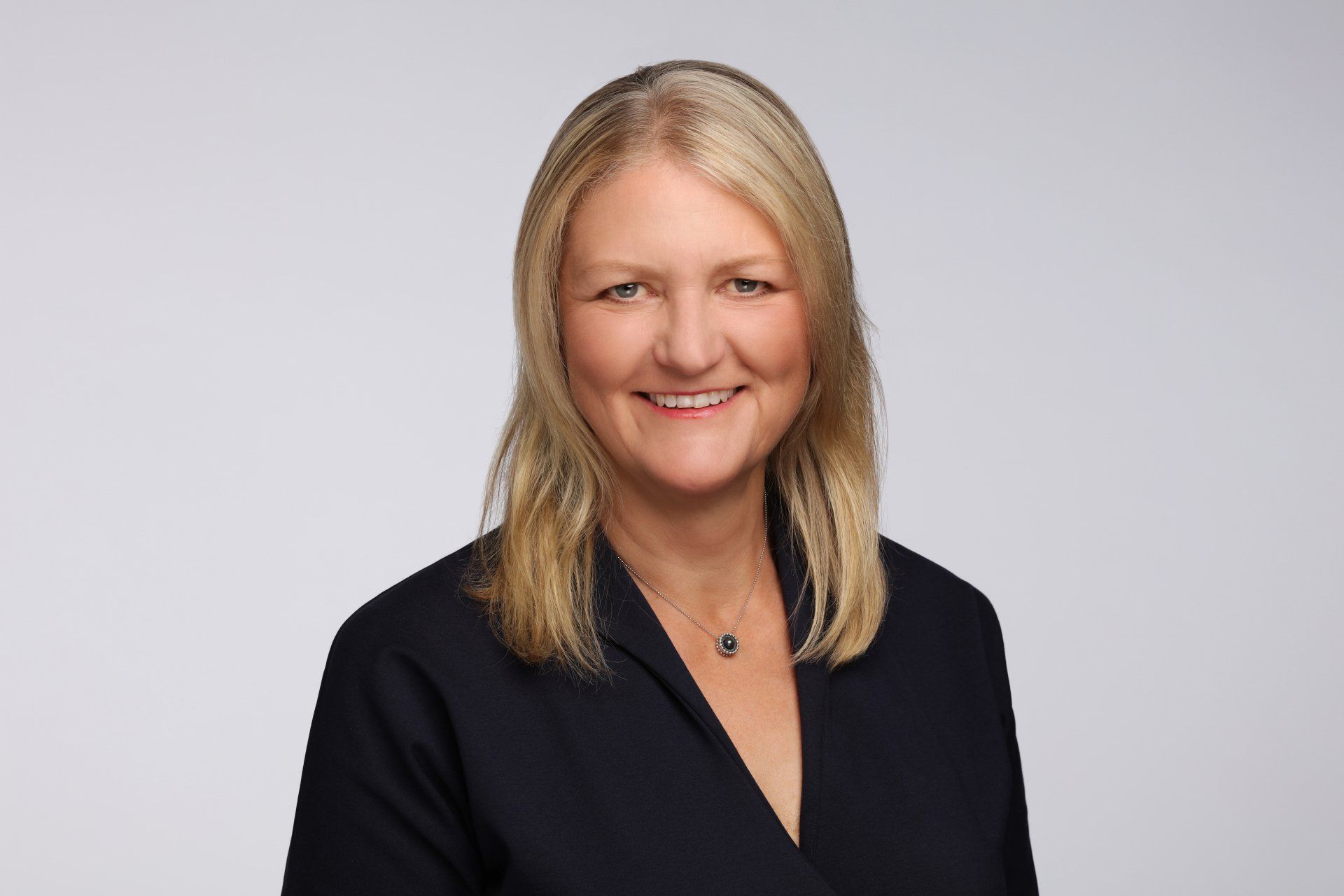Alison Gill is a behavioural psychologist, triple Olympian and the co-founder of Bvalco, a board evaluation consultancy focused on helping boards become fit for the future.

The first action for boards as we begin to exit the pandemic is to effectively review how the board operated throughout, what are the learnings and what if anything should change. The challenge with reviewing a crisis situation is that with a day-to-day focus on the crisis, it is often held too late and learnings are lost. Memory is not definitive – we tend to refocus with positive or negative filters, shifting emphasis and neglecting context; in short, we lose accuracy.
The review structure is also critical. The temptation is often to focus on the past, rather than how the board should operate in the future and without a clear structure, learnings are lost with the diversity of opinion. A good structure would look at 6 key areas: Culture, Roles, Process, Strategy, Beliefs and Values:
- Culture – How has the behaviour of the board impacted the way things get done
- Roles – How has the board’s role changed during the pandemic, and how might we want to keep some of those changes and in other cases revert to what we had before
- Process – Many boards have had to change, meeting at different times, meeting remotely and with different dynamics around board information – do we want to keep these changes and what will make us more efficient?
- Strategy – Changing corporate strategy quickly and sometimes dramatically has been a hallmark of this crisis, changes such as switching call centres to home-working and shifting business online. The question is whether this new focus makes sense looking forward and if so, what are the implications.
- Beliefs – The unspoken assumptions boards make about the business. Are we surfacing these beliefs and how are they shaping our decisions and should they evolve?
- Values – Are we using our corporate values effectively as a backbone to help us make decisions and difficult choices, and have they evolved as part of our crisis response.
Another area where boards have seen a change is the roles and relationship of executives and non-executives; during the crisis many companies have seen non-exec roles becoming more hands-on and a number of boards have said how the relationship between execs and non-execs has strengthened. A review is a good opportunity to explore whether these roles need to evolve or return to ‘as was’ – have we got sufficient challenge and support?
Finally, how best to conduct the review – just add to the board agenda or use an external facilitator? As a board evaluator I may be biased – but I believe this should undoubtedly be done with external facilitation: Firstly, an external facilitator allows the chair to contribute to the conversation properly; secondly, independent reviewers come in with a fresh perspective – and ask those tangential questions; and thirdly, there are inevitably some unspoken matters of confrontation/conflict because there wasn’t the time or inclination to sort them out.
In conclusion, there will be many learnings for boards following the pandemic, but in order to capture them, reviews must be timely.
Following a clearly defined process will bring structure and using an external facilitator will ensure the most effective review. Much has changed for companies in 2021, the opportunity is to build back better, learn from both our mistakes and our opportunities – corporate boards are no different. Read more about exiting coronavirus with a stronger board.
Share this article on LinkedIn!




